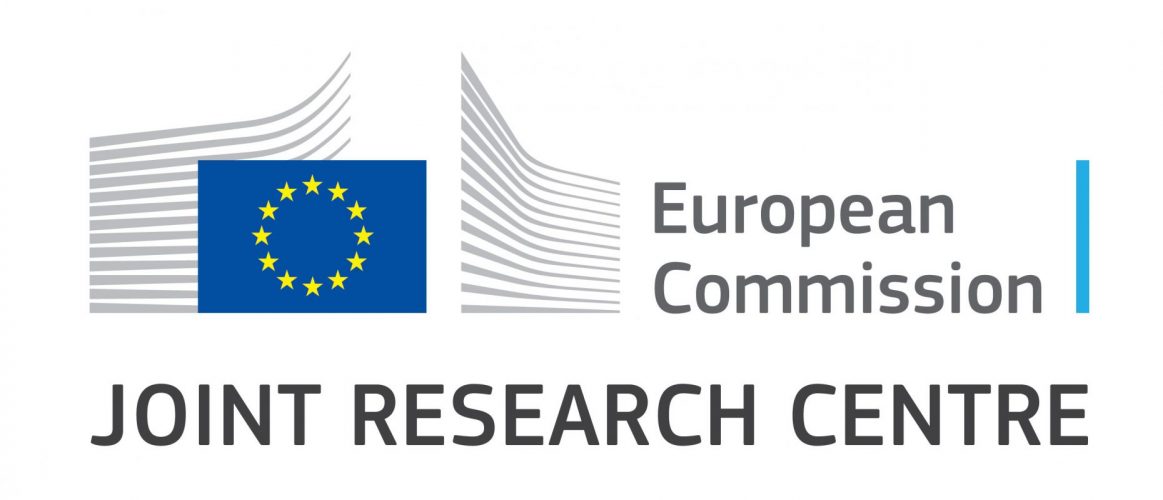
JRC B2 Seminar: “Taxing Households Energy Consumption in the EU: the Tax Burden and its Redistributive effect” – Antonio F. Amores
Mércores, 30 de Novembro ás 12:00 H (CET)
SEMINARIO ONLINE: Link
- Código de acceso no ordenador: C9j7Wm7YNT@
- Código de acceso telefónico: 29579679
Abstract
The taxation of energy consumption is a central topic in the current policy debate of the European Union. While raising energy taxation is part of the European Commission’s strategy for achieving its 2030/50 climate targets, the ongoing dramatic increases in the price of energy products are raising calls for reducing their taxation. Therefore, a close consideration of the incidence and redistributive effects of energy taxation is crucial to design compensatory measures and to ensure support for the Green transition. In this paper, we employ the EUROMOD microsimulation model to estimate the burden and the redistributive impact of energy consumption taxation on households across Member States. In doing so, we break down the role played by differences in consumption patterns, rates of taxation and their regressivity. We find that countries where energy taxation is the highest are often not the ones where its incidence on household income is the strongest. At the same time, the highest inequality impact is not always taking place in countries with the most regressive energy taxation. We therefore stress the importance of considering, not only the level of energy consumption taxation, but also its regressivity and its incidence over household income when assessing its inequality cost.
Speaker
Antonio F. Amores is an economic analyst at JRC Seville. He currently focusses on Indirect and Green Taxation (developing the EUROMOD microsimulation model Indirect Tax Tool and linking emissions to it). He has also wide experience in projects related with supply-use and input-output tables and on Productivity. Antonio previously worked for the Andalusian Regional Statistical Office and the Spanish Trade and Economic Office (Embassy of Spain in Chile). He is also Associate Professor in Pablo de Olavide University (Seville, Spain) with more than ten years’ of active experience in Quantitative Methods for Economics, on permanent special leave to serve at the European Commission since 2012. He was a visiting researcher at Tilburg University (the Netherlands).
Abstract
The taxation of energy consumption is a central topic in the current policy debate of the European Union. While raising energy taxation is part of the European Commission’s strategy for achieving its 2030/50 climate targets, the ongoing dramatic increases in the price of energy products are raising calls for reducing their taxation. Therefore, a close consideration of the incidence and redistributive effects of energy taxation is crucial to design compensatory measures and to ensure support for the Green transition. In this paper, we employ the EUROMOD microsimulation model to estimate the burden and the redistributive impact of energy consumption taxation on households across Member States. In doing so, we break down the role played by differences in consumption patterns, rates of taxation and their regressivity. We find that countries where energy taxation is the highest are often not the ones where its incidence on household income is the strongest. At the same time, the highest inequality impact is not always taking place in countries with the most regressive energy taxation. We therefore stress the importance of considering, not only the level of energy consumption taxation, but also its regressivity and its incidence over household income when assessing its inequality cost.
Speaker
Antonio F. Amores is an economic analyst at JRC Seville. He currently focusses on Indirect and Green Taxation (developing the EUROMOD microsimulation model Indirect Tax Tool and linking emissions to it). He has also wide experience in projects related with supply-use and input-output tables and on Productivity. Antonio previously worked for the Andalusian Regional Statistical Office and the Spanish Trade and Economic Office (Embassy of Spain in Chile). He is also Associate Professor in Pablo de Olavide University (Seville, Spain) with more than ten years’ of active experience in Quantitative Methods for Economics, on permanent special leave to serve at the European Commission since 2012. He was a visiting researcher at Tilburg University (the Netherlands).
